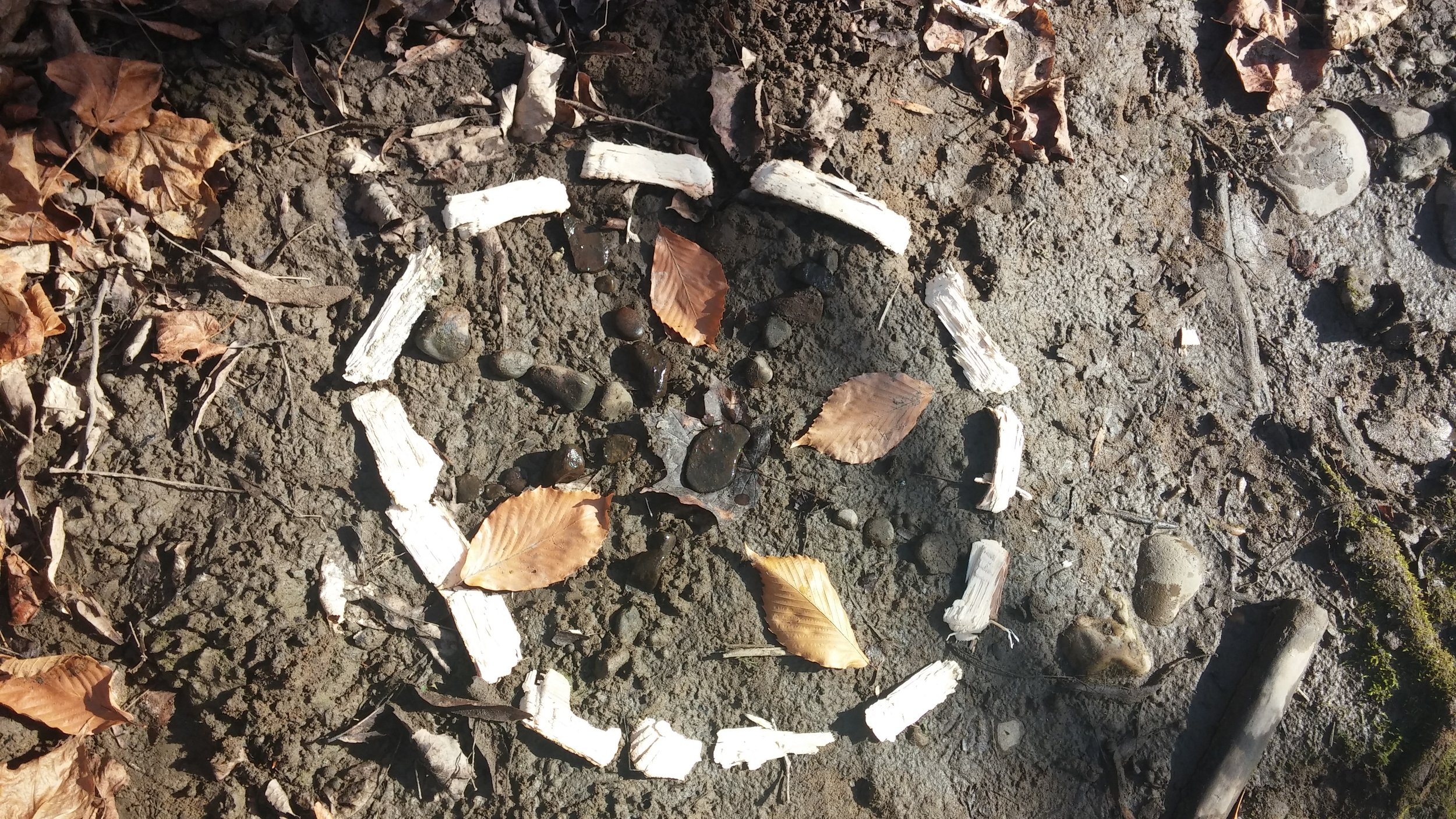
Invasive Plants and Preaching to the Choir
I am often asked my opinion on how to best address the ongoing trespasses of invasive plant species. What should be done about invasive plants? But I contend that this is an invasive question and would be better reformed to request and express a curiosity about how to actualize and generate healthy plant and ecosystem communities that are in coherent and non-hostile relationship with the past, present, and future conditions of our local bioregions. Living at the edge of the Adirondack Park where there are all-out declarations of war against certain invasive species calling for the use of heavy artillery herbicides with, seemingly, little attention to the geographical, land-centered history of place, I feel these attacks are a bit short-sighted. To be clear, I’m not saying that it’s ok to just allow invasive species to take over. That would be as equally short-sighted. What I speak of is between, within, and both.
Making Flower Waters
Making your own hydrosol or flower water is a simple, economical and ecologically sound method of extracting the scent and medicine from flowers. Flower waters are also an excellent alternative to essential oils that are expensive and have serious environmental consequences. Although I love essential oils and they are undeniably powerful medicine, they have become highly commericalized leading to the overharvesting of wild plants and promoting large scale agri-farming and monocropping of flowers to meet market demands. In an article written by Jen Landry, Dipl. ABT (NCCAOM), that recently appeared in United Plant Savers Journal, to make one pound of essential oil it requires 50-60lbs. of Eucalyptus, 200-250 lbs of Lavender and 5,000-10,000lbs. of Rose blossoms. The copious use of essential oils as a suitable remedies for a vast array of conditions and illnesses is not sustainable and in most cases unecessary. I do think it's important to recognize, however, that essential oils are being used in place of harsh chemical cleaners and synthetic fragrances. This is a step in the right direction when we consider the grave and hazardous results to that the use of such substances as produced for the planet and people. But, as to be expected, the popularity of essential oils and the recognition of their benefits has lead to superflous over-consumption. There are many alternatives to essential oils that are as equally effective and far more responsible.


